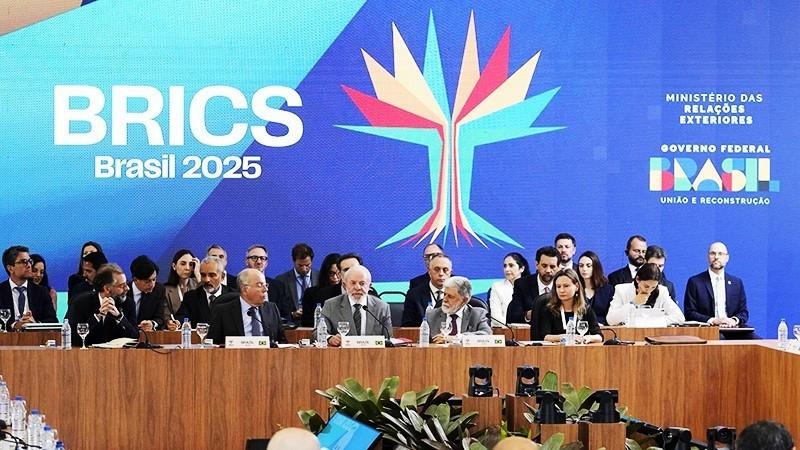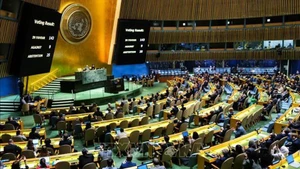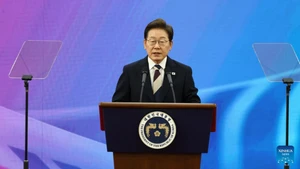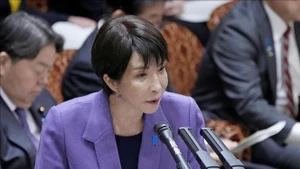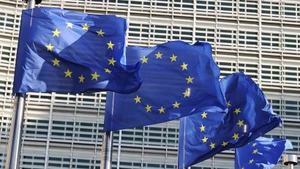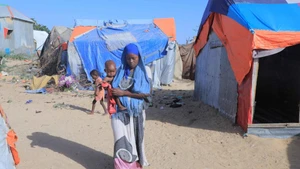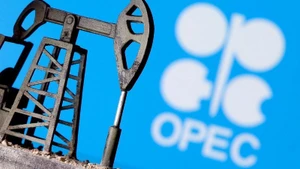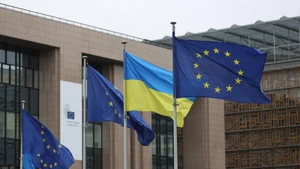Initiated by Brazilian President Luiz Inácio Lula da Silva in response to escalating unilateral trade measures, the summit allowed BRICS leaders to discuss ways to counter risks in global trade and to expand solidarity mechanisms, coordination, and intra-bloc trade.
The BRICS leaders reached consensus on the need to work towards a fairer, more balanced, and inclusive international order, while reaffirming their commitment to safeguarding multilateralism and reforming international institutions. BRICS condemned all forms of trade protectionism, underlining the importance of maintaining the multilateral trading system, with the World Trade Organisation (WTO) at its core.
The BRICS members stressed the need to support WTO reform, adding that a commitment to gradually reducing non-tariff barriers would help make BRICS a stable and mutually beneficial trading partner.
Since expanding from five to eleven members, BRICS has agreed to push forward reforms of global institutions. In early July, the group’s finance ministers jointly proposed reforms to the International Monetary Fund (IMF), including granting developing countries a greater voting share within the institution.
Many BRICS members argue that current arrangements are unjust, as their voting power does not reflect the bloc’s actual weight and significant role in global financial institutions.
Speaking at the virtual summit, Brazilian President Luiz Inácio Lula da Silva stated that BRICS nations are increasingly falling victim to unfair and unreasonable trade measures, and condemned tariffs as a form of economic pressure.
The Brazilian president has previously been outspoken in his criticism of the neoliberal economic model, citing figures that show that in just the past decade, around 3,000 billionaires worldwide have amassed more than 6.5 trillion USD, while international aid flows have declined and the debt burden of developing countries has risen sharply.
According to the Brazilian leader, neoliberalism is deepening global inequality. Current mechanisms are creating a “reversed Marshall Plan”, in which emerging economies are effectively financing developed nations, while protectionism causes severe disadvantages for developing countries.
BRICS is gradually becoming the largest grouping of emerging and developing economies in the world. Accounting for nearly 40% of global GDP and almost half the world’s population, BRICS represents the leading emerging economies of the Global South. Together with other Southern nations, BRICS aims to take the lead in revitalising multilateral cooperation, enhancing connectivity, building trust, and strengthening cooperation between developed and developing countries.
To enhance strategic autonomy, BRICS recognises the need to focus on developing and strengthening drivers of economic growth, actively spearheading development cooperation, and tapping the growth potential of emerging sectors.
As global rules face strain and multilateral institutions weaken, BRICS countries remain determined to advance governance reform and prioritise the concerns of developing nations, aiming to build a more multipolar and inclusive world order.
